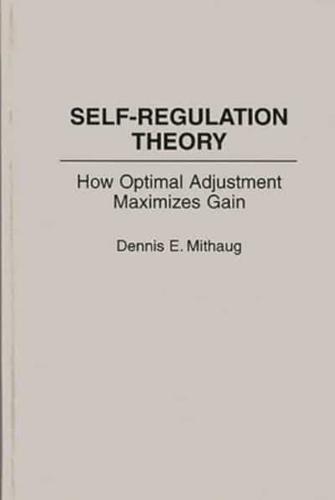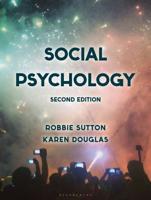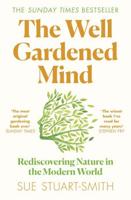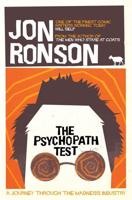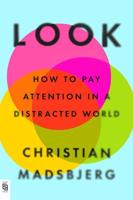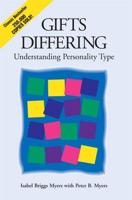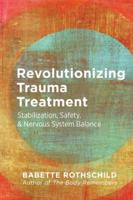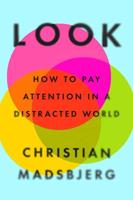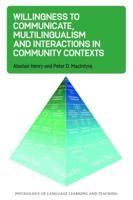Publisher's Synopsis
The author's Self-Regulation Theory explains how people optimize their adjustments in order to maximize their gains toward getting what they want from their environments. It describes the reciprocal effects of human adjustment and environmental change. The interaction among what regulators expect, how they choose, and what they do affects and is affected by optimal and suboptimal environmental contingencies. Although Self-Regulation Theory is consistent with current behavioral, cognitive, and cognitive-behavioral models of adjustment, it goes beyond them by describing the problem-solving and solution-doing mechanisms that lead to optimal adjustments and maximal gains. This permits the theory to predict precise relationships between self-regulated gain towards goal attainment and the consequences of goal attainment.
Although the conclusions do not contradict generally accepted views, they challenge current perspectives on how to define and analyze the problem of adaptation. By separating the mechanism of self-regulation from the environmental effect it produces, we can examine the unique contribution of the self-regulating system to its own success or failure. Also, by defining environmental optimalities from the perspective of the regulator, we can assess how the same menu of environmental opportunities changes from being suboptimal to optimal as a function of the regulator's success in adjusting.


